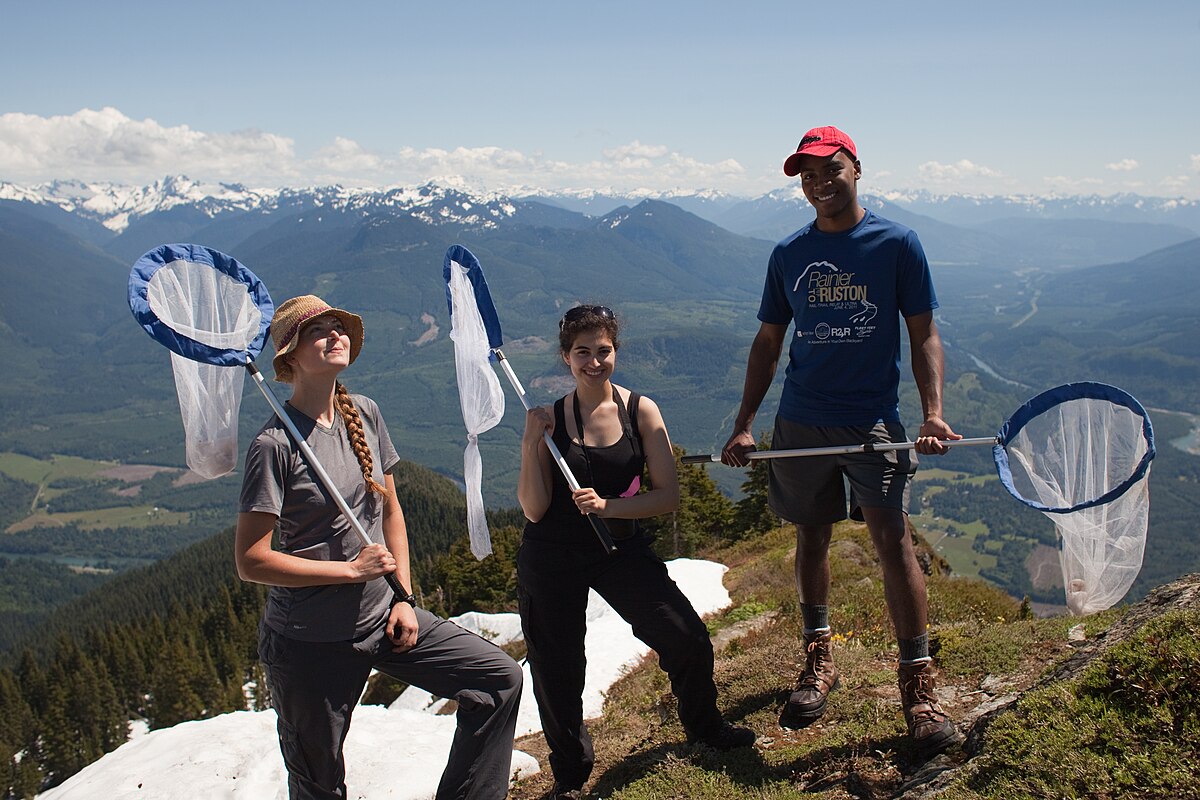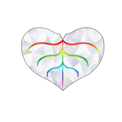|
When we think about science, we tend to go straight to imagining doctorate-level people in long white lab coats. Maybe throw a pair of glasses on for good measure. In reality, even those professional scientists don't necessarily fit that bill. Further, not all science is performed by professionals. That's right, there is nothing standing between you and science other than finding time, motivation, and attention to detail. Let's take a look at how us citizens of the planet can participate in science!
Some History on Citizen Science
Science is a process above all else. Every field of study revolves around the concept of identifying a problem or a question, hypothesizing an outcome, testing for that outcome, and analyzing whether the results align with the hypothesis. When we learn something new or even prove an existing outcome in a new scenario, this is the output of science: knowledge.
While it certainly helps to learn from experts in any given field and build a strong foundation of knowledge, that isn't a prerequisite to being able to participate in this process. If you have a question, a hypothesis, a plan, an experiment, and legitimate empirical data, congratulations! You've done a science! When amateur scientists participate in the scientific process, this is deemed citizen science. Surprisingly, this term was coined recently, in the 1990s. Also interestingly, two definitions for the concept popped up at around the same time, one in Europe and one in the United States of America. In Europe, the term encapsulated the desire to engage the community in science and policy influenced by scientific process. In the United States, this term simply defined the participation of the community in the scientific process. In modern times (though not that much time has passed, honestly), the latter definition is most widely accepted. However, simply engaging in scientific projects does have the side effect of increasing citizen engagement in the process and policies that may result from the practice. The definitions are more intertwined than opposing in view. Despite the term only being defined recently, the practice of community-engaged science isn't new. In the before times, we didn't necessarily have university systems in place for the masses to attend. There wasn't always a clear path to becoming a professional scientist. If you had the means of funding a project yourself, and understood the expectations of the scientific community, you could perform those experiments and make those observations yourself. Many scientific figures in history like Isaac Newton and Charles Darwin were effectively citizen scientists. Democratization of Science
Having an engaged scientific community brings about one of the most touted benefits of citizen science, what is called "democratization of science." Simply put, democratizing anything means putting more responsibility and power into the people within a system. In this case, the system is science. By openly advocating for and legitimizing the participation of communities in the scientific process, there are a number of benefits.
Probably most obviously, it results in a community versed in the scientific process. Having people understand how to scope a question, do research, form hypotheses, design and carry out experiments, and accurately record data creates an empathetic connection between communities and professional science. Knowing how to approach unknowns and make them known or at least slightly more understood creates a community of actively thinking minds. As mentioned earlier, being invested in a process makes you invested in your results. Heck, understanding the effort that goes into this process and the joy of finding your own results increases your care in the results that others have found. Understanding results of scientific process can feed into an understanding of how your community, nation, or government are using those results to enact policy. Not only are do you understand the process behind the science, you become invested in how that science informs society. One that I personally like is the potential for diversity in data and observation. By engaging with communities perhaps beyond the scope possible without an invested community, professional scientists can reach historically under-represented areas and ethnic groups. All too often we hear of human health experiments dominated by white male participation. By reaching out to a wider community, more data can be amassed to get a better understanding of humanity's health as a whole. Back to the environment, we have surprisingly little data on urban ecosystems and biodiversity. By engaging with communities in these new anthropocene environments, we can gather more observational data from humanity's growing societal hubs. Organization & Tools
Okay, so now that you're interested, what do you do? I mean, who hasn't, at some point in their life, wanted to be some kind of scientist? It's likely never been a question of why you've never thought to be a scientist, it probably been a question of how do you participate in science. Lucky for us, there are a number of organizations that have built some pretty neat things to help us newbie scientists find a project that we're interested in!
I live in the United States, so this portion is a bit specific, but the US does have a site for finding projects and communities across the nation. Beyond that, local to your community there may be many more projects that aren't nationally advertised. In my case, the forest preserve districts in my area almost always have need of volunteers for things like invasive plant management, butterfly and frog monitoring, watershed analysis, and a bunch more. Find your local forest preserve, wildlife reserve, etc. by looking through your community's available websites. It was honestly surprising to me how much there was to find! Beyond local and government-funded advocacy, there are also tools for global and private advocacy. While there are many tools like these, iNaturalist and eBird are some of the most successful platforms for connecting with others to collect and analyze nature observations. iNaturalist focuses on both flora and fauna within observed regions while eBird focuses specifically on bird populations and patterns. Both have apps for mobile devices so you can record your findings with your phone and contribute to the ever growing database helping scientists understand the world's current state and biodiversity. For finding specific projects to help with, Zooniverse is one of the most popular platforms. It allows for community building between professionals designing projects and experiments and finding interested citizen scientists to help gather data and observations. Further, some projects even have need for moderators of sorts. Maybe you're not wanting to go out and collect data, but facilitate the people who do, there's room for you to act as a community manager and liaison helping the scientific process from a communication perspective! Since citizen science has been booming with humanity's leaps in digital communication ease of building and collecting data, there is a group that formed to advocate for and understand the ethics of citizen science. This is the Citizen Science Association, and it is a global effort to find the benefits, as well as limits, of citizen science as a means to facilitate the scientific process. If you're interested in the meta-discussion around citizen science, they are an excellent journal to refer to. Get Involved!
In a world where it feels like more and more of our time, attention, and agency is taken by the ever present drip of the content machine, our financial dependency on the few that drive the machine, or even our policy makers not heeding experts in their fields, citizen science is a means for people to take some of that agency back. I do completely understand that everyone has varying levels of being able to participate in the process of science while doing what they need to do to survive in the world we find ourselves in. For anyone who can participate, I would highly encourage you to do so.
Not only do we get to engage with a community in a meaningful way, we educate ourselves in the importance of the scientific process and can better make connection between the resulting knowledge the real change that can come of those results with policy and setting of societal norms and pressure. Having people participate brings a diversity in our observations that we don't get to see solely through the scope that professional science sets for itself. Of course, this doesn't dismiss professional scientists. As a community we should look to their guidance and expertise, but supplementing their knowledge with greater data and observations is a wonderful thing. And lest we forget, your childhood self will likely thank you for being a scientist. Maybe not with the lab coat and glasses (though kudos if you do!), but definitely as a participant in a process that will change our world for the better.
~ And, as always, don't forget to keep wondering ~
Resources:
US Citizen Science Website https://www.citizenscience.gov/ Citizen Science Association https://www.citizenscience.org/ Zooniverse https://www.zooniverse.org/
0 Comments
Leave a Reply. |
AuthorPrismatic Planet wants to get excited for the planet, raise awareness of its inhabitants, and get smarter about Earth. Archives
July 2024
Categories |



 RSS Feed
RSS Feed